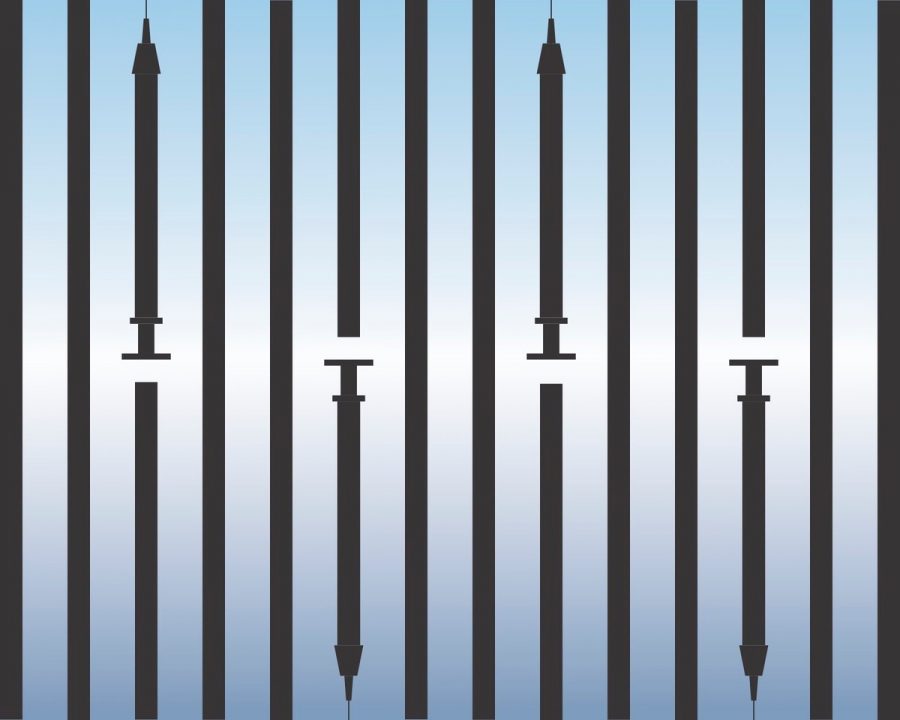The Unjust Reality of Prisoners’ Health Care
April 30, 2020
Prisoners do not deserve health care. Yes, it is true that they have no access to their insurance or bank accounts while imprisoned, but they chose to break the law. By doing this, they are implying that the law no longer applies to them. It is unacceptable that prisoners believe they can manipulate the restrictive parts of the law, only to take advantage of the laws in their favor.
Health care is already expensive for the majority of citizens in the United States. According to an article from MetaCare Solutions, “34 percent of adults say health care is ‘very difficult’ or ‘somewhat difficult,’ to afford.’” Not only this, but “over 50% of adults say that they or someone they know has skipped a medical procedure of any kind due to financial necessity.” It is absurd that murderers, rapists and thieves have access to free health care in America while the average hard-working citizen often cannot afford it.
A common argument in favor of free health care in prisons is that a courthouse ruled that deprivation of health care violates the Eighth Amendment, which states that American citizens are free from cruel and unusual punishment. This argument raises a question: just because something has been written in an official U.S document, does that automatically make it fair to American citizens? No, absolutely not. For example, nearly everyone in the country is familiar with this specific statement from the Declaration of Independence: “We hold these truths to be self-evident, that all men are created equal.” It is also well-known that Thomas Jefferson, the third U.S. president, wrote the majority of this document. However, something that possibly is not as known about Jefferson is that he owned over six-hundred slaves, according to a Monticello article. The point in the reality of this situation is not that Jefferson was discriminatory. The point is that there are plenty of statements in U.S documents that can be proven to not be necessarily credible or conceptually fair. Free health care given to prisoners is one of these rights that should no longer be applied.
Perhaps the most unjust condition of prisoners’ health care is the reality of who pays for it: innocent, tax-paying citizens. Just to put things into perspective, imagine a man in poverty who robs a bank in order to feed his family. He gets caught, sent to prison and is now in need of health care. An old woman who is working for minimum wage needs to pay taxes with the already little money she has, so that this prisoner can stay healthy. Meanwhile that same woman is in need of a medical procedure, but she herself cannot afford it, as she also has a family to feed. The difference between these two individuals is that one of them committed an unlawful crime, but then got a free healthful benefit from it, while the other is doing the best she can with the little resources she has, and she still ends up giving her own salary to help the man who broke the law.
If that situation was not as convincing, here is a slightly more controversial one. A young child is kidnapped, then killed. The murderer is found and sent to jail for life. Throughout the remaining 40 years of the prisoner’s life, that child’s parents still have to pay taxes, to ensure that their child’s murderer stays alive and healthy until he dies of natural causes. How is that, in any way, fair?
Prisoners simply do not deserve the same rights as citizens, and these citizens should not have to pay their own money to protect the health of murderers, rapists, pedophiles, or other criminals, while they cannot even afford health care for themselves. With that logic, someone might as well commit tax evasion so they can finally get the liver transplant they have been needing without having to pay for it.



